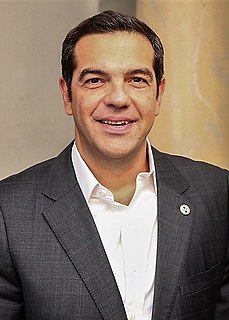A Quote by David Hume
The rules of morality are not the conclusion of our reason.
Quote Topics
Related Quotes
If we are defined by reason and morality, then reason and morality must define our choices, even when animals are concerned. When people say, for example, that they like their veal or hot dogs too much to ever give them up, and yeah it's sad about the farms but that's just the way it is, reason hears in that the voice of gluttony. We can say that what makes a human being human is precisely the ability to understand that the suffering of an animal is more important than the taste of a treat.
A free press is one where it's okay to state the conclusion you're led to by the evidence. One reason I'm in hot water is because my colleagues and I at NOW didn't play by the conventional rules of Beltway journalism. Those rules divide the world into Democrats and Republicans, liberals and conservatives, and allow journalists to pretend they have done their job if instead of reporting the truth behind the news, they merely give each side an opportunity to spin the news.
Some rules are there for a reason - but it's one thing to have a rule that protects and another to have rules that stifle. I've seen a lot of those articles and I thought they were unreasonable when I was in school, but they're getting a little bit out of hand now. We should embrace what makes us different, our different styles, our creativity.
Myth is the practical metabolism of our soulish life, the logic of our obsessions and oversights for which we have no language or code. Myth is the "morality" that the ineffable puts upon us, our unaccountable imperatives, our inexplicably selective clarity and obscurity, the mortal one-sidedness of our talents and wits, the passion and apathy that make such a transient passage through our hapless minds; that weave a pattern of fatality others will see before we do. Myth is distinctively human or sublime higher-order instinct, the "reason" in culture that reason knows not of.
Life is two things. Life is morality – life is adventure. Squire and master. Adventure rules, and morality looks up the trains in the Bradshaw. Morality tells you what is right, and adventure moves you. If morality means anything it means keeping bounds, respecting implications, respecting implicit bounds. If individuality means anything it means breaking bounds – adventure.
Does history warrant the conclusion that religion is necessary to morality - that a natural ethic is too weak to withstand the savagery that lurks under civilization and emerges in our dreams, crimes and wars? ... There is no significant example in history, before our time, of a society successfully maintaining moral life without the aid of religion.
We're always projecting our moral categories on things. I think that's inevitable. But capitalism places no particular value on morality. Morality in the market is enforced by contract and regulation and law, because morality is understood to be in conflict with the motive force of greed and accumulation.







































